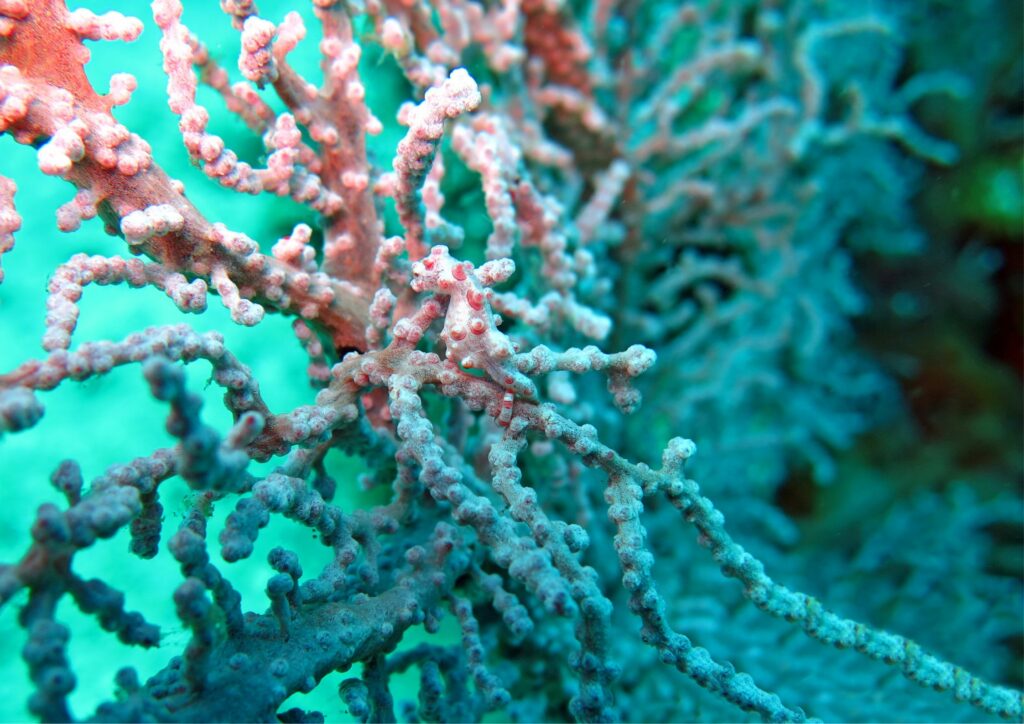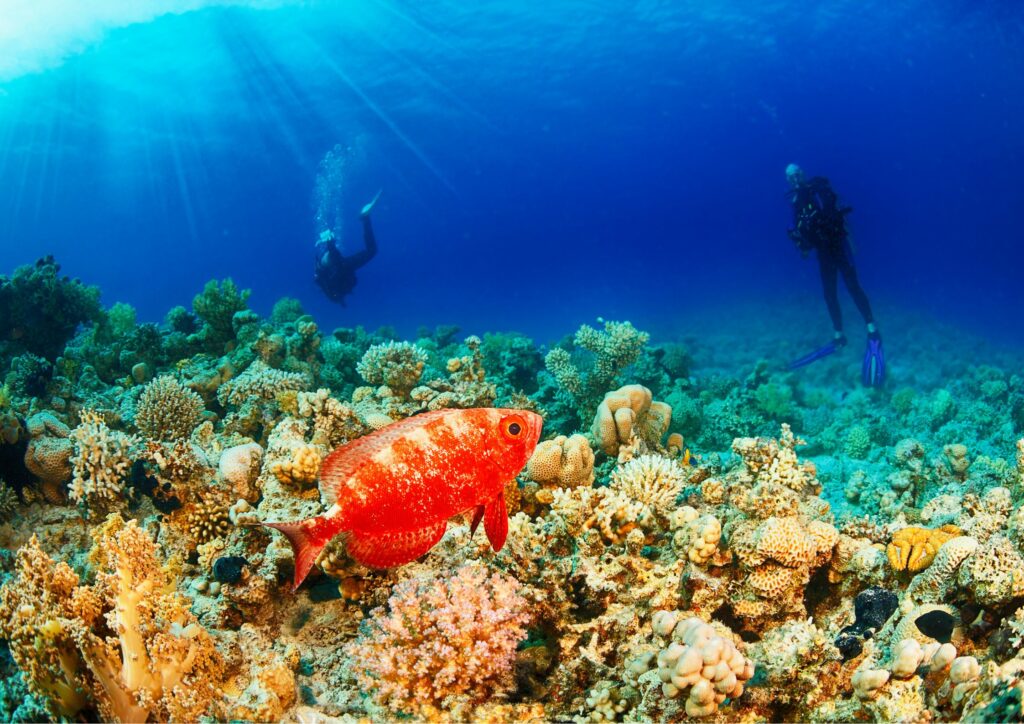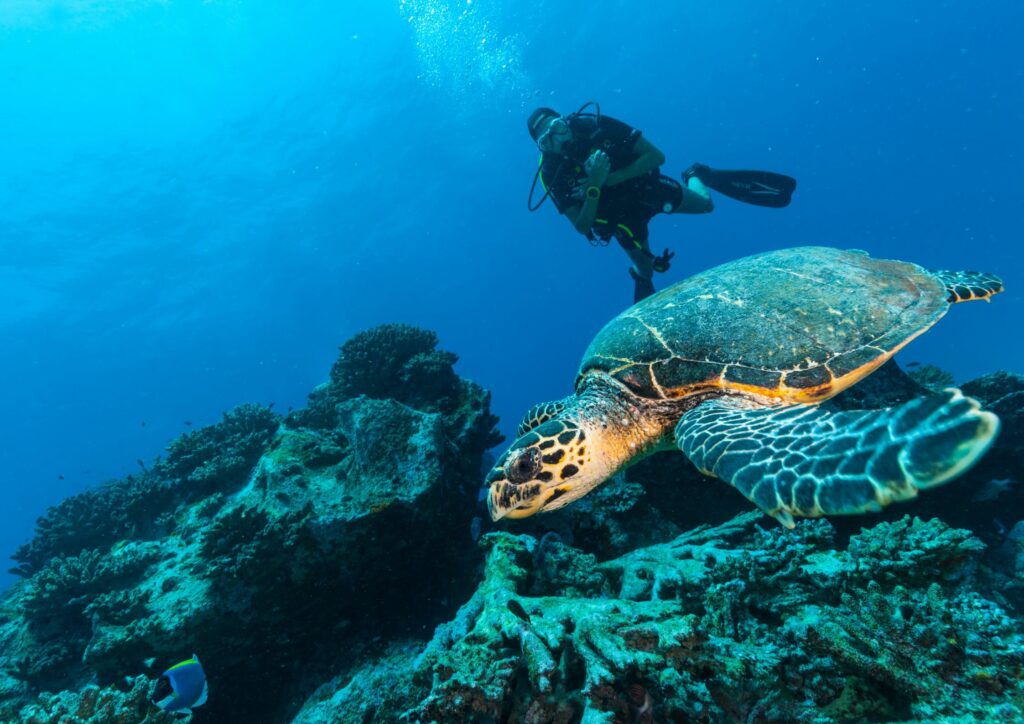Dive in Bali, a tropical paradise famous for its stunning beaches, lush green landscapes, and vibrant culture, because it is also a haven for scuba diving enthusiasts. With its crystal-clear waters, rich marine life, and colorful coral reefs, it’s no wonder that Bali has become a top destination for divers from around the world. But, did you know that there are secrets to unlocking an unforgettable underwater experience in Bali? In this blog post, we’ll dive into the best time to explore Bali’s underwater world, uncovering the top secrets for a seasonal diving calendar that will make your next trip truly unforgettable.
When is the Best Time to Dive in Bali?
Bali’s diving seasons are characterized by its tropical climate, with temperatures ranging from 26°C to 30°C (79°F to 86°F). The best time to dive in Bali depends on your preferences and what you’re looking for. For optimal marine conditions, the dry season from May to September is considered the best time to dive. During this period, the waters are generally calm, visibility is high, and marine life is more active. If you’re looking to see larger fish species, the wet season from October to April is a great time to explore Bali’s underwater world. Just be prepared for occasional rain showers and stronger currents.
What’s on the Bali Scuba Calendar?

Bali’s scuba calendar is marked by several significant events that can impact marine conditions and diving experiences. The full moon, in particular, can bring strong currents and reduced visibility, making it less suitable for dives. On the other hand, the new moon phase often brings calm waters and improved visibility. It’s essential to check the scuba calendar before planning your dive in Bali to ensure optimal conditions. Our resort has dedicated training facilities for our local staff and provides a comprehensive guide on Bali’s diving seasons and marine conditions to help you plan your next dive adventure.
Seasonal Dive in Bali: What You Need to Know
Understanding the seasonal diving patterns in Bali is crucial for an unforgettable underwater experience. The dry season, from May to September, is characterized by calm waters, high visibility, and a wide range of marine life. During this period, you can expect to see larger fish species, such as barracudas, trevallies, and groupers. In contrast, the wet season, from October to April, brings stronger currents, reduced visibility, and an increased presence of smaller fish species. It’s essential to adapt your diving techniques and gear according to the seasonal conditions.
Top Secrets for Unforgettable Underwater Experiences in Bali

To make the most out of your underwater adventure in Bali, here are some top secrets to keep in mind: Plan your dive around the scuba calendar to avoid strong currents and reduced visibility. Take advantage of the dry season’s calm waters and high visibility for a more comfortable diving experience. Be prepared for occasional rain showers during the wet season by wearing suitable gear and adapting your diving techniques. Don’t miss out on the unique marine life that each season has to offer.
Unleash Your Inner Diver in Bali
Bali, a tropical paradise, offers an unparalleled underwater experience for Bali diving enthusiasts. With its crystal-clear waters, rich marine life, and colorful coral reefs, it’s no wonder that Bali has become a top destination for divers from around the world. By understanding the best time to dive, what’s on the Bali scuba calendar, and adapting to seasonal diving conditions, you can unlock an unforgettable underwater experience in Bali. Join us at our resort, dedicated to providing education and job opportunities for local staff, as we embark on a mission to change the world, one resort at a time.

I’ve been looking forward to my Bali diving trip and this post has given me so much inspiration! The information on the scuba calendar is super useful, I didn’t know that the full moon could bring strong currents. Definitely going to take note of that.
Hi Siti Rohana, we’re thrilled to hear that our blog post has inspired you for your Bali diving trip! Yes, the full moon can indeed bring strong currents, so it’s great that you’re taking note of that. Remember to also check our resort’s scuba calendar before planning your dive to ensure optimal conditions. We hope you have an amazing time exploring Bali’s underwater world and we look forward to hearing about your experience after your trip! If you have any questions or need further guidance, please don’t hesitate to contact us at Tel: +65 6734 9373 or Email: [email protected]
I’ve been diving in Bali for years and I have to say, this post is spot on! The dry season is definitely the best time to dive if you want to see a wide range of marine life. And don’t forget to check the scuba calendar before planning your dive.
Thank you for sharing your experience, Rizal! We’re glad to hear that our post resonated with you. You make a great point about the dry season being ideal for spotting a wide range of marine life. Our team at Gill Divers always emphasizes the importance of checking the scuba calendar before planning a dive to ensure optimal conditions. If you have any more tips or insights to share, please don’t hesitate to reach out! We’re always looking to improve our services and provide the best possible experience for our divers. For more information on Bali diving or to plan your next trip with us, feel free to contact us at Tel: +65 6734 9373 or Email: [email protected]. We look forward to hearing from you again!.
I totally agree with the post! As a seasoned diver, I’ve had my share of experiences in Bali and it’s indeed one of the best places to dive. The tips provided are super helpful, especially for new divers who want to make the most out of their trip.
Thank you for sharing your experience, Nurul Huda! We’re thrilled to hear that you’ve had a great time diving in Bali. At Gill Divers, we’re committed to providing our customers with the best possible underwater experience. If you have any questions or need further guidance on planning your next dive adventure, please don’t hesitate to reach out to us at +65 6734 9373 or [email protected].